
Gardening is a popular hobby for many adults, but can be equally as enjoyable for children too. Here's just ten reasons why children should get outdoors and into the garden.
- Physical health - Gardening provides an opportunity for children to be outdoors and active in nature. With the ever increasing reliance on smart phones, tablets, televisions and computers it provides some much needed time away from digital screens. It can hone fine motor skills for younger children as they learn to handle small items like seeds, plant tags and dibbers. Studies also show that playing in dirt can improve a childs immune system.
- Mental health - Gardening is therapeutic and stimulating for the brain. Children learn how to problem solve, work in teams and can express their creativity through garden design. It also provides a sense of accomplishment when they get to appreciate their efforts.
- Responsibility - Much like owning a pet, gardening is an opportunity for children to learn responsibility. Plants are less daunting than all that comes with properly caring for an animal. And as a bonus they either get a beautiful flower or a delicious crop at the end.
- Healthy habits - Children who grow their own food are connected to the plants they nurture. This in turn means they are more likely to enjoy eating a larger variety of fresh foods. Promoting healthier eating habilts at a young age has been proven to carry on into adulthood, resulting in a healthier lifestyle ongoing.
- Caring for the planet and love of nature - With an increase in packaged foods children are seeing the devastating effects on plastic pollution. Gardening is a productive solution for them to have food that requires no packaging. Creating a worm farm or compost heap using food waste is another way to introduce children to the concept of bettering the planet through sustainable practices. Gardening also gives children the opportunity to learn about nature in a safe place.
- Educational - Children have an innate curiosity about the world around them. Gardening fosters this and allows them the opportunity to learn. Observational skills are harnessed as they witness how plants grow in different conditions. They will also experience the type of insects and other creature’s plants attract.
- Recreation - Gardening is an activity that will keep some children occupied for hours. There are always many ongoing tasks in gardening such as sowing, watering, composting and harvesting. The cyclic nature of gardening means the garden is always changing and rolling with the seasons which keeps it varied and interesting for children.
- Social Skills and self confidence - Gardening can be a good social activity for children where they can share their experiences with each other. Many garden clubs exist and they provide a space for children to learn tips and tricks and to socialise with others from a range of backgrounds. Being proud of achieving their goals of nurturing and growing their own plants from seed may boost a childs confidence.
- Organisational Skills - Children can learn the art of crop succession and understand the timings of seasons. These organisational skills will help them in other aspects of life such as school and social commitments.
- Family Bonding - Children enjoy quality time spent with family and gardening fosters this environment. When you teach your children how to grow plants you are also spending time with them, creating memories for life. A healthy bond with your children will encourage positive development and good communicational skills.








































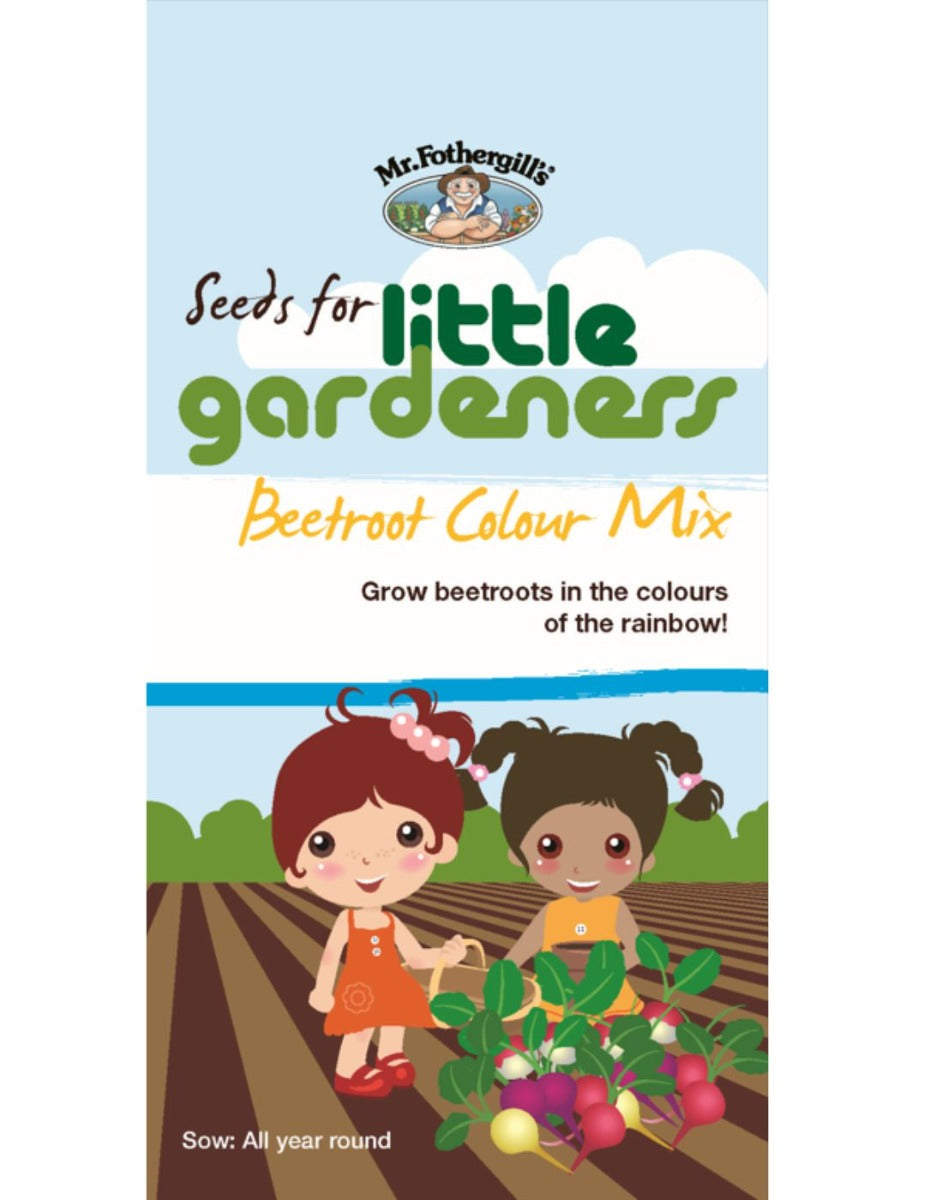
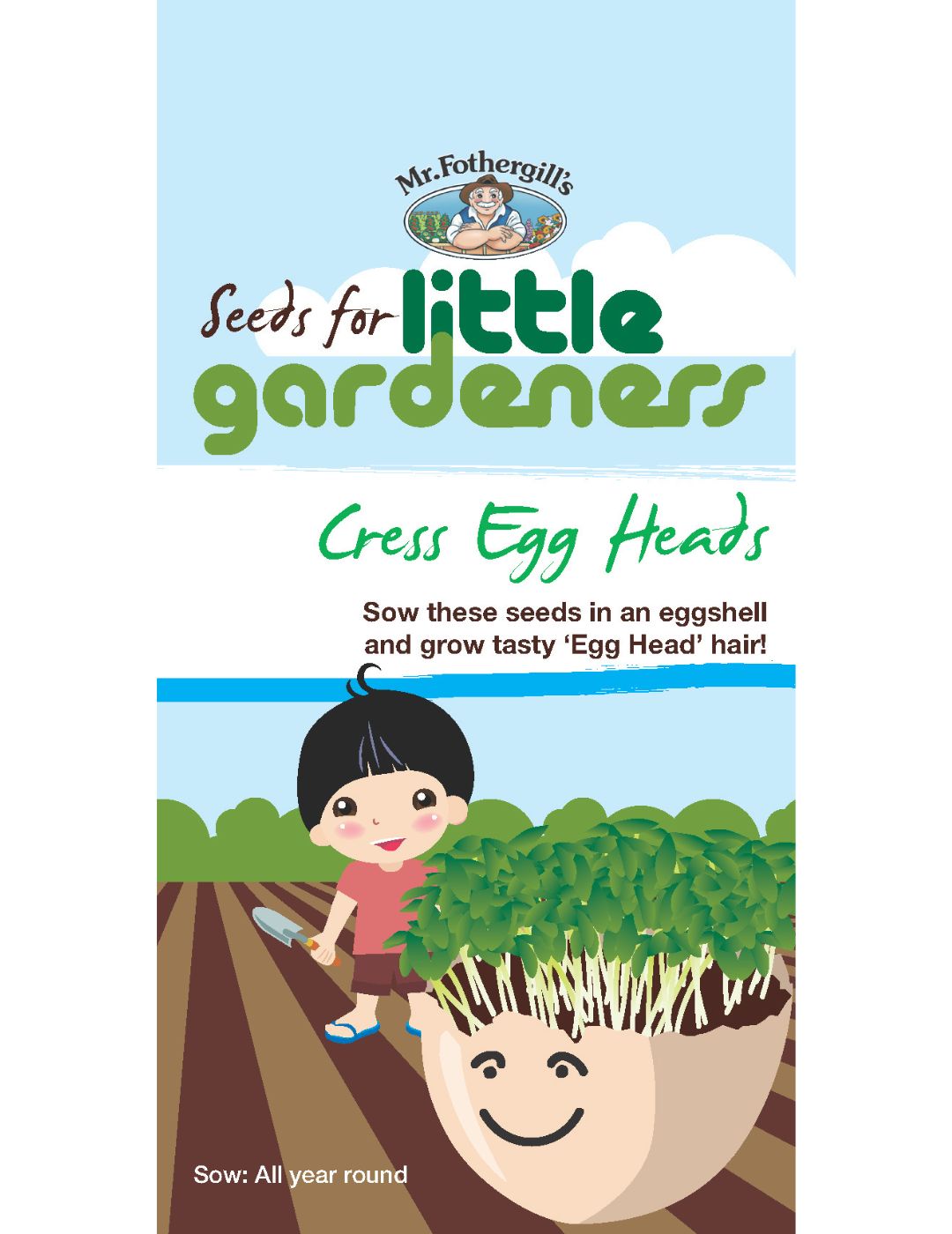
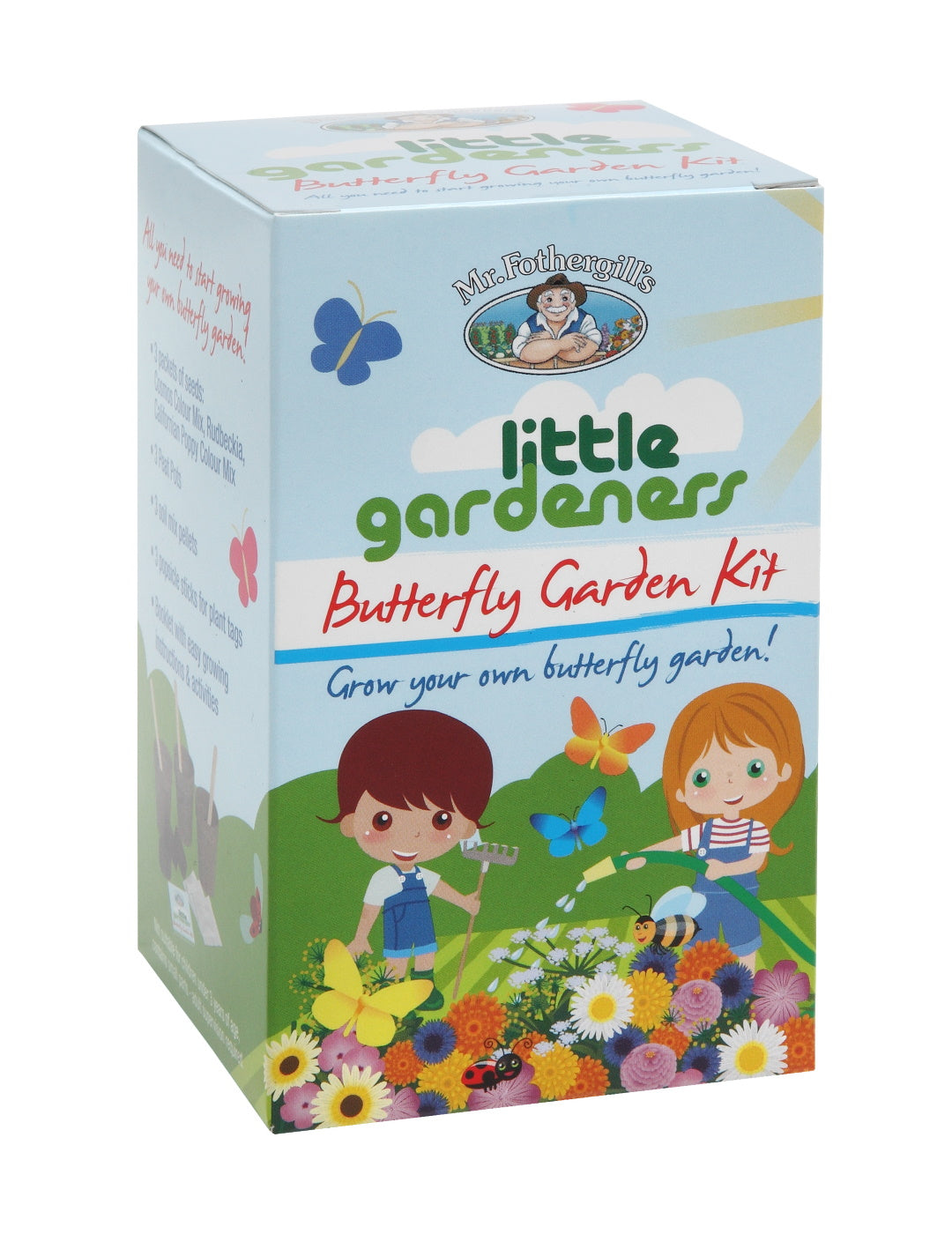


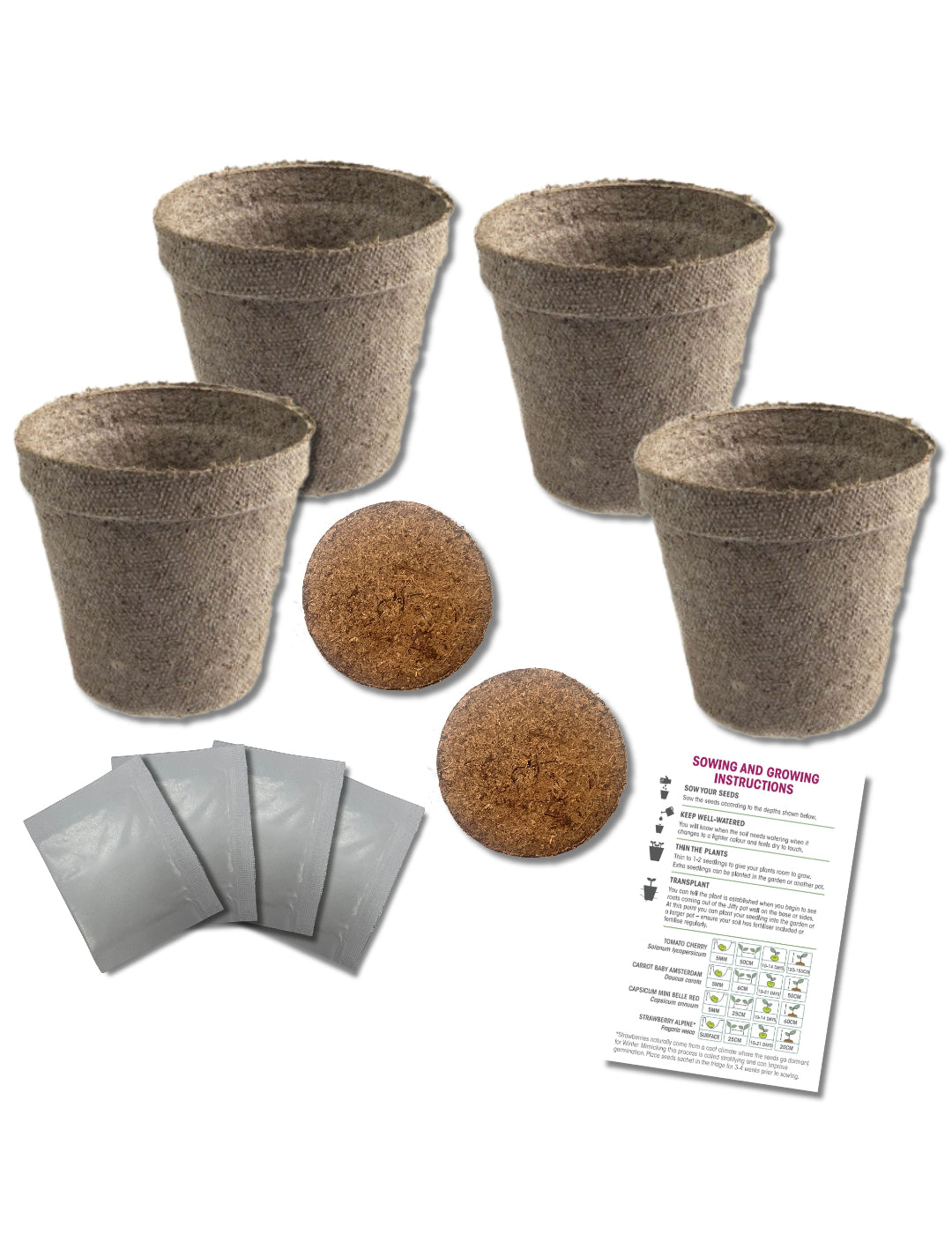
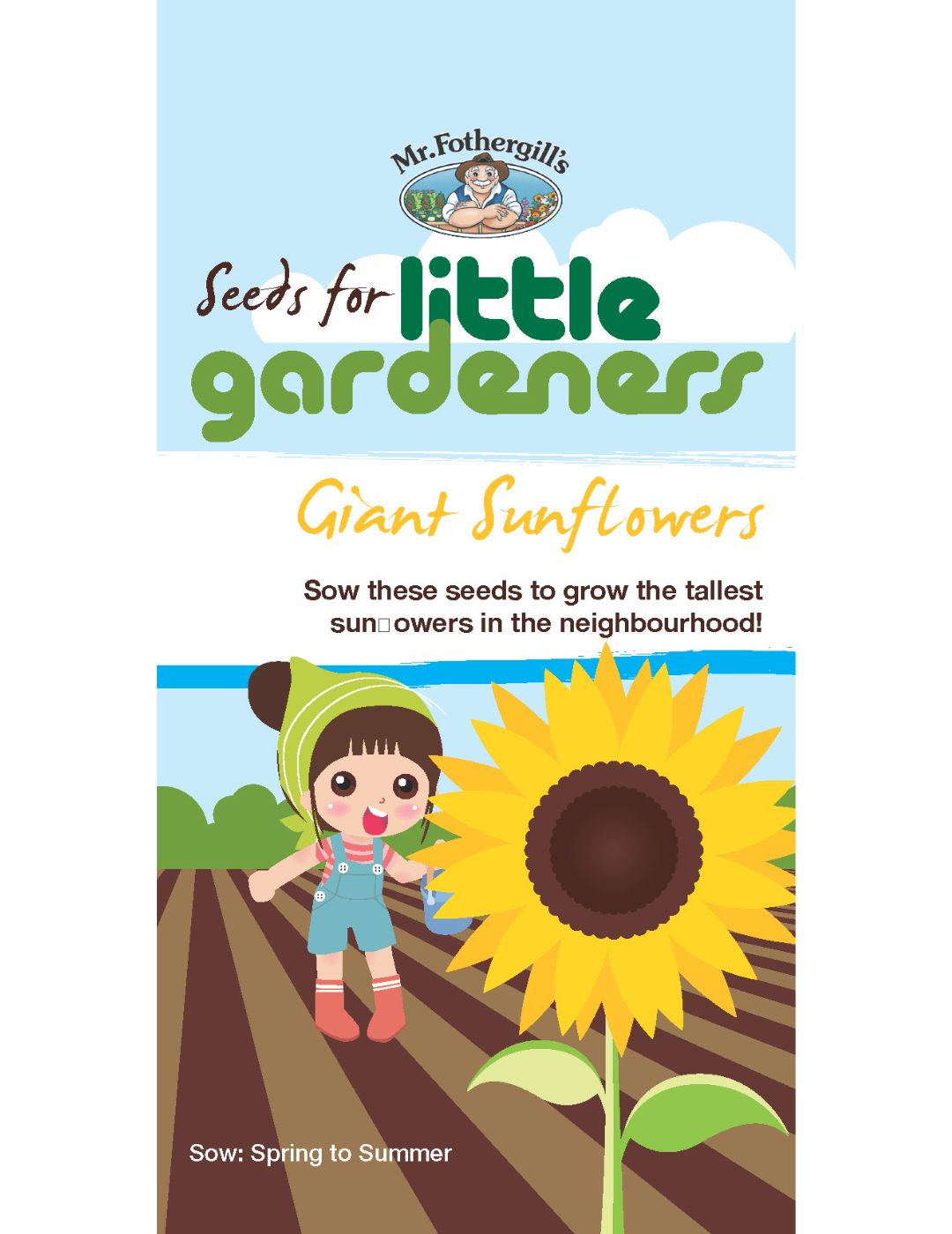

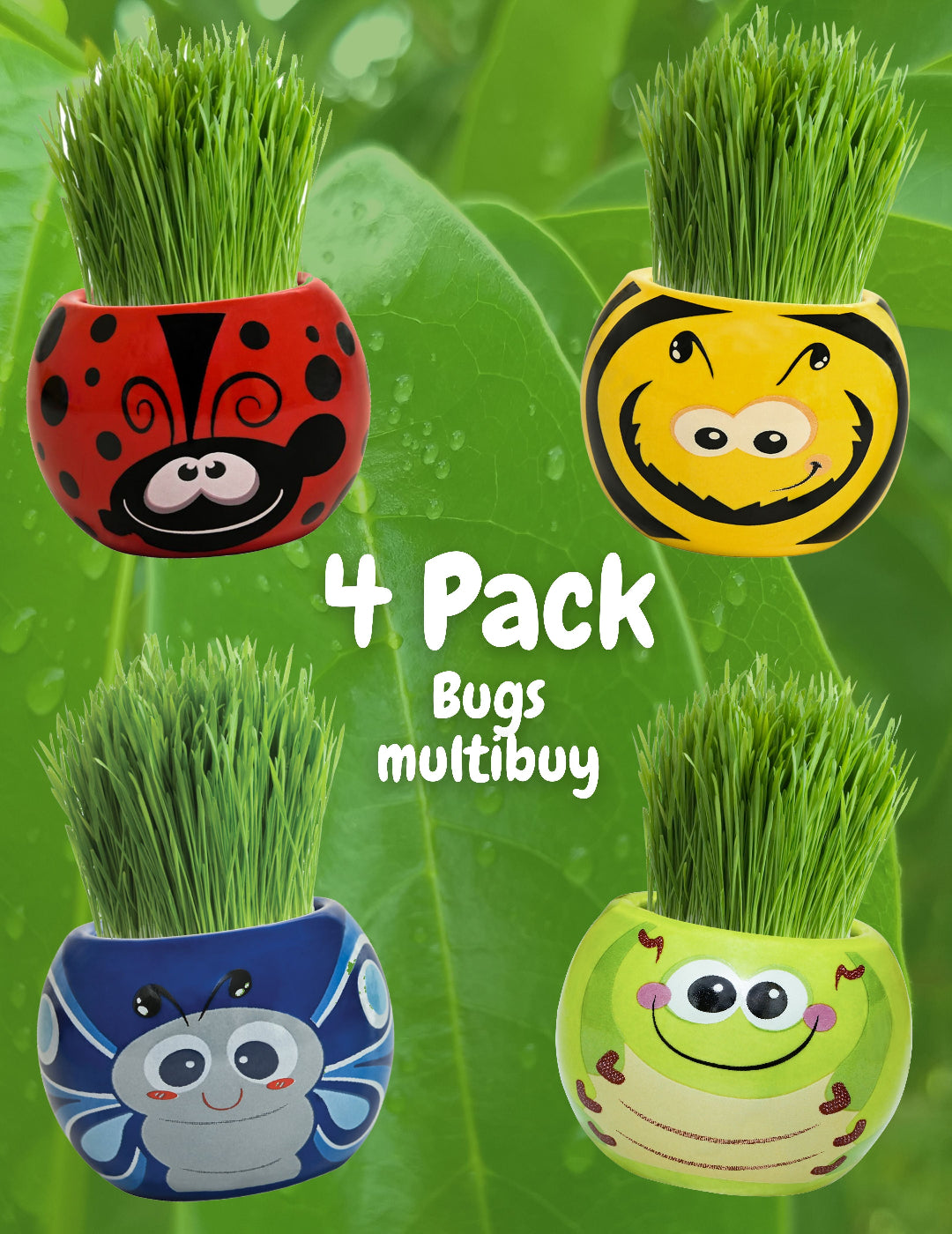
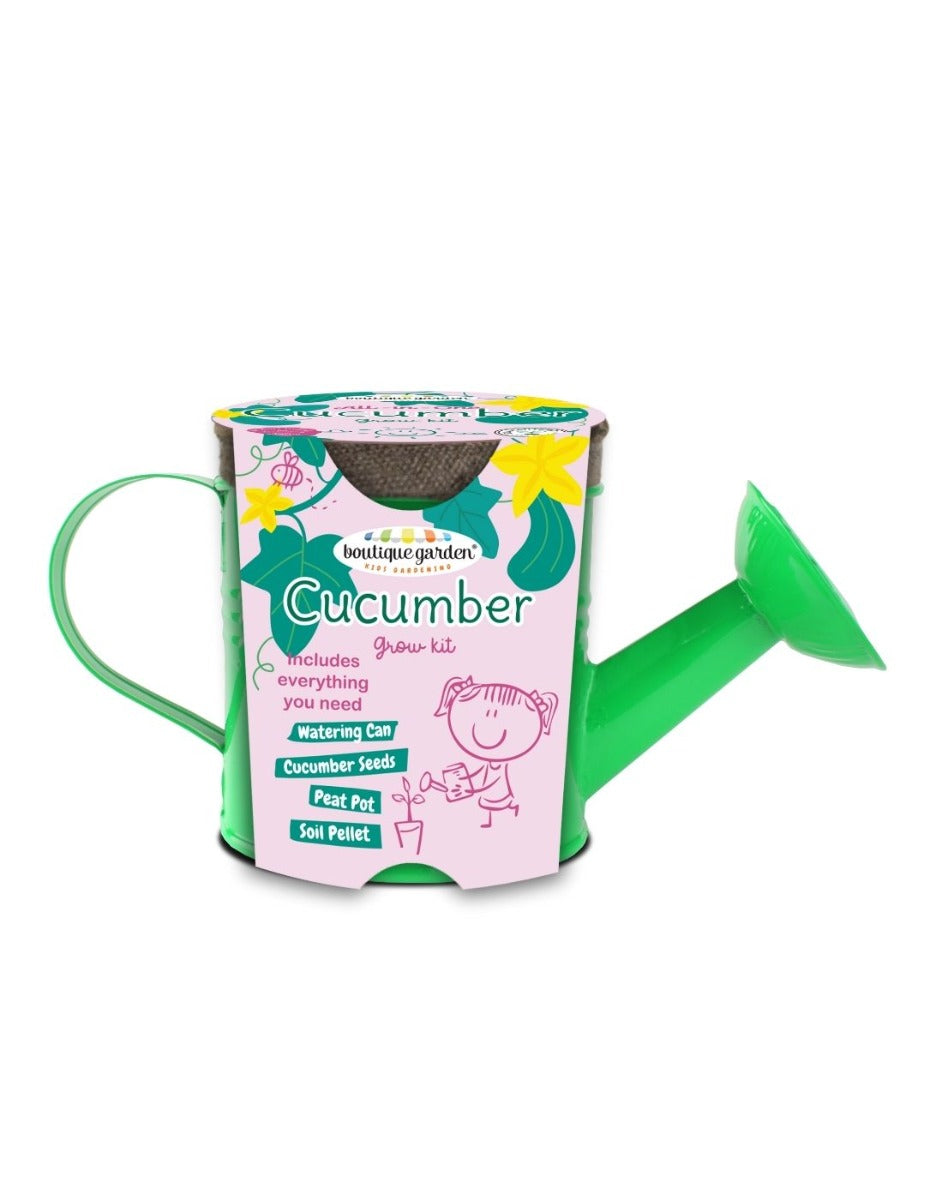
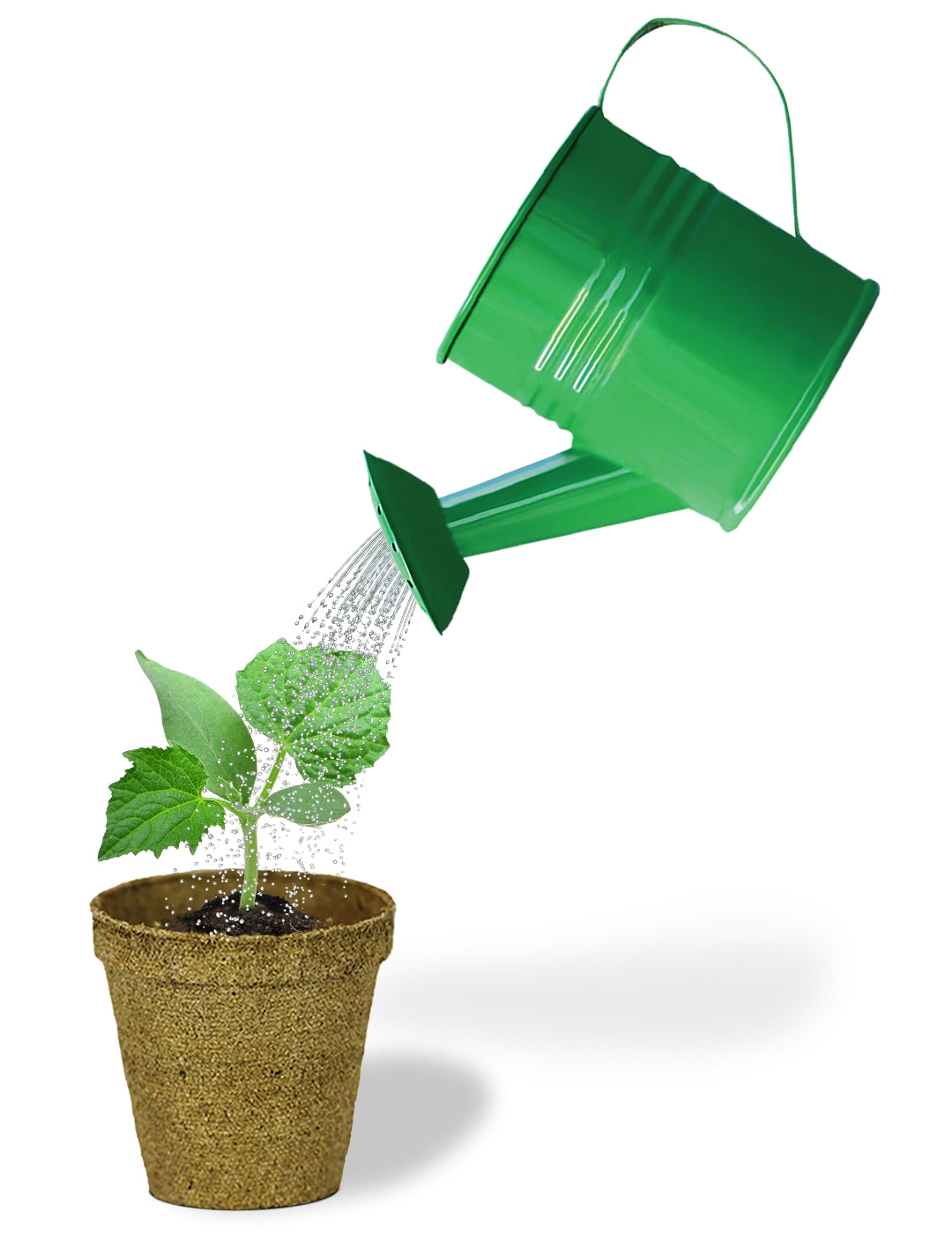
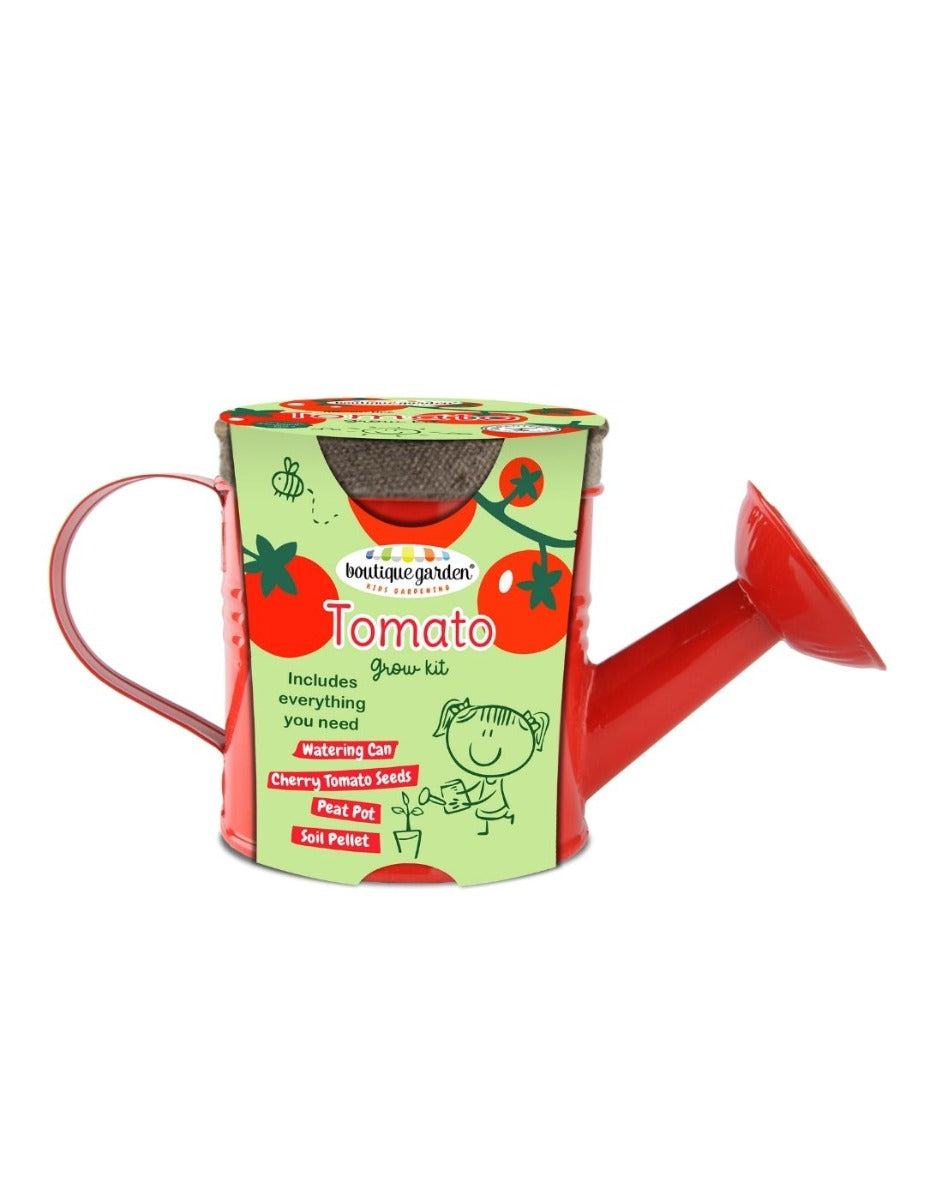
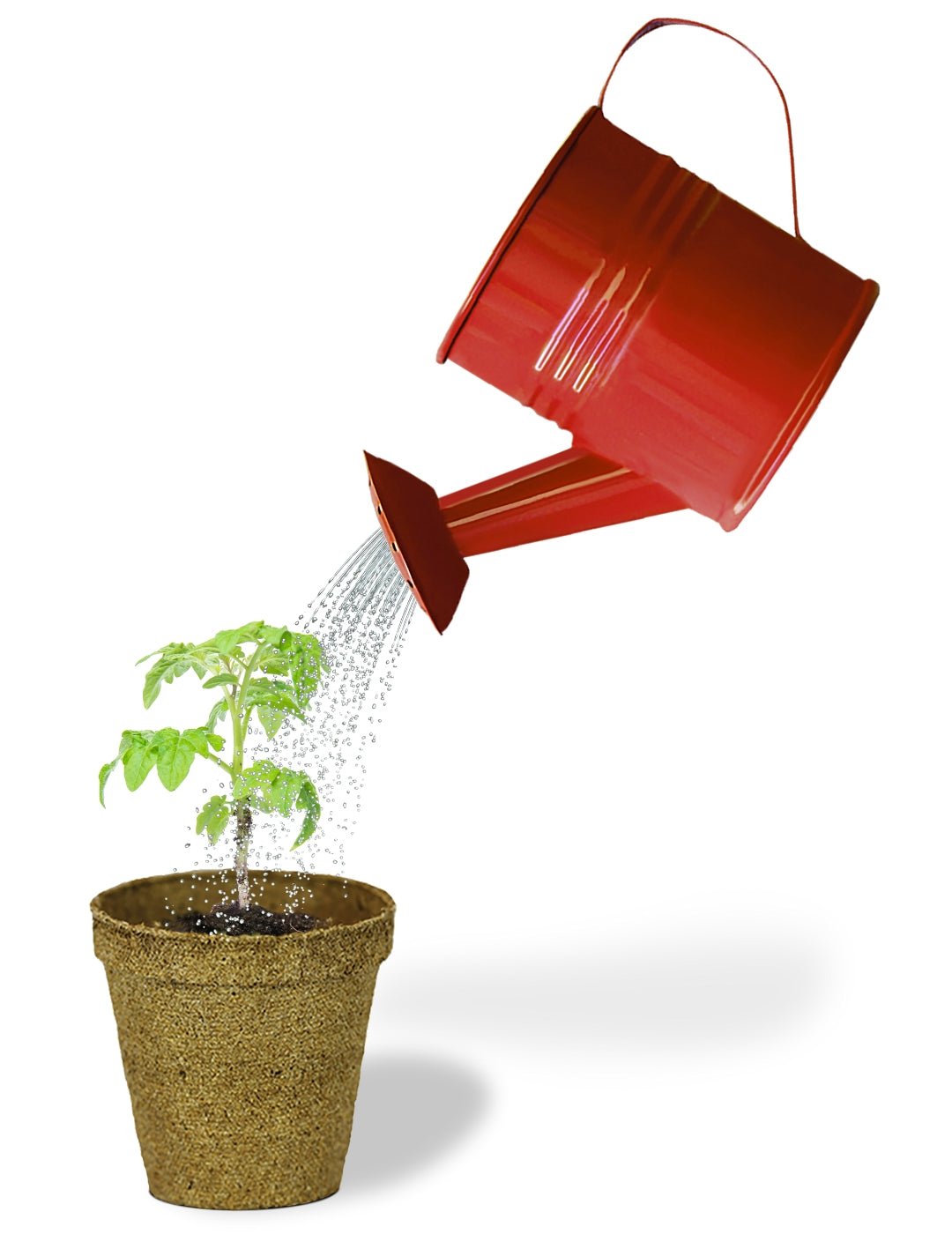
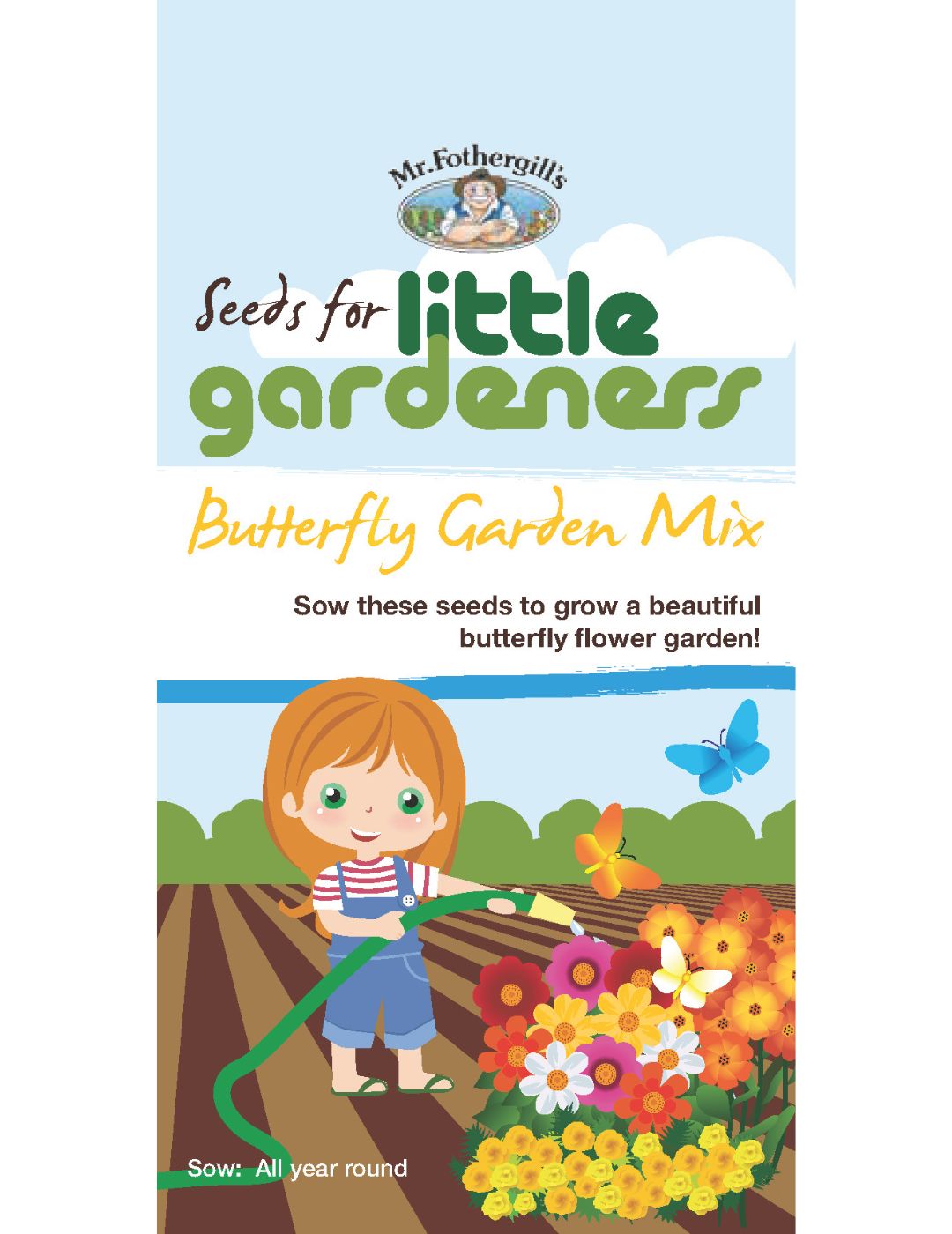
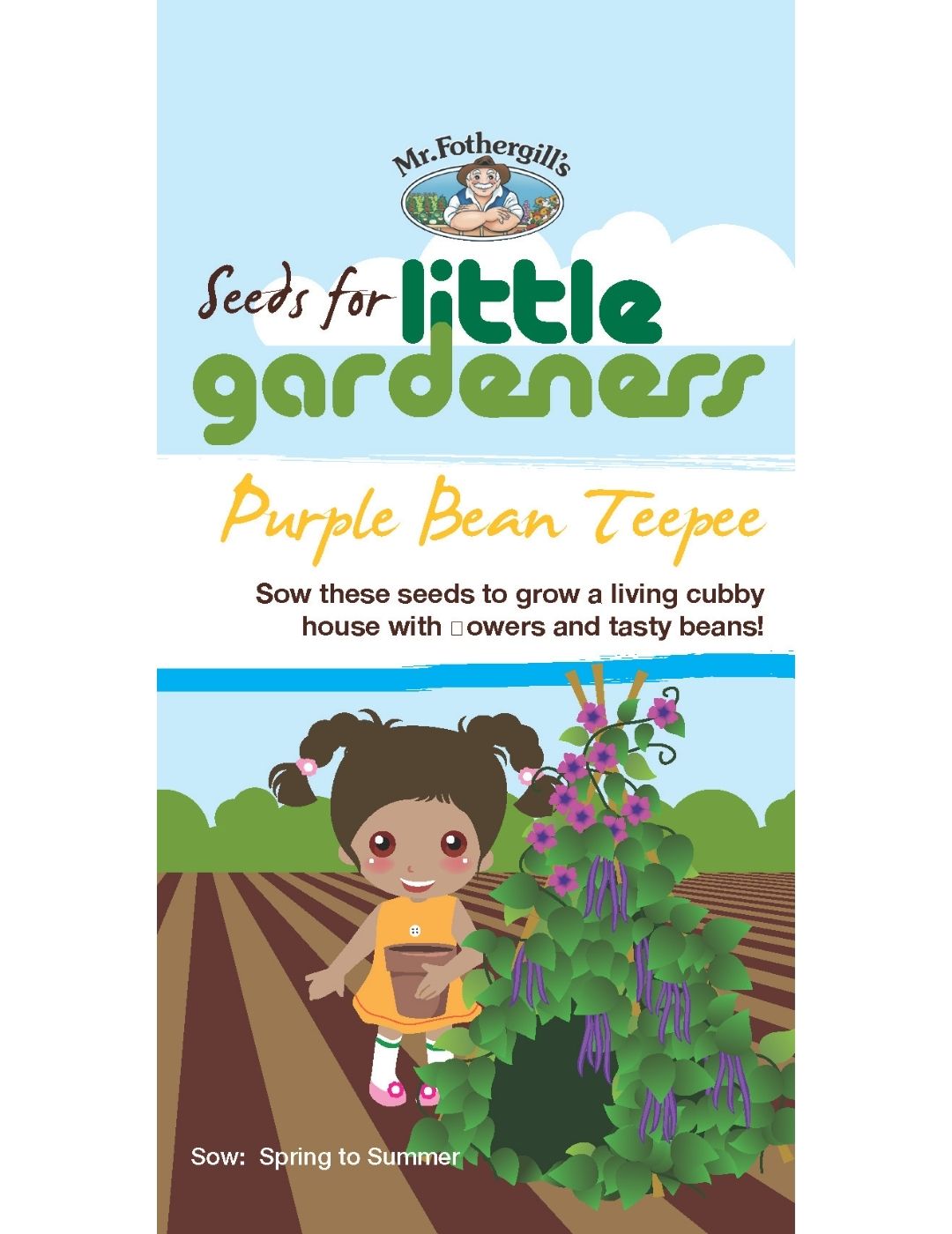
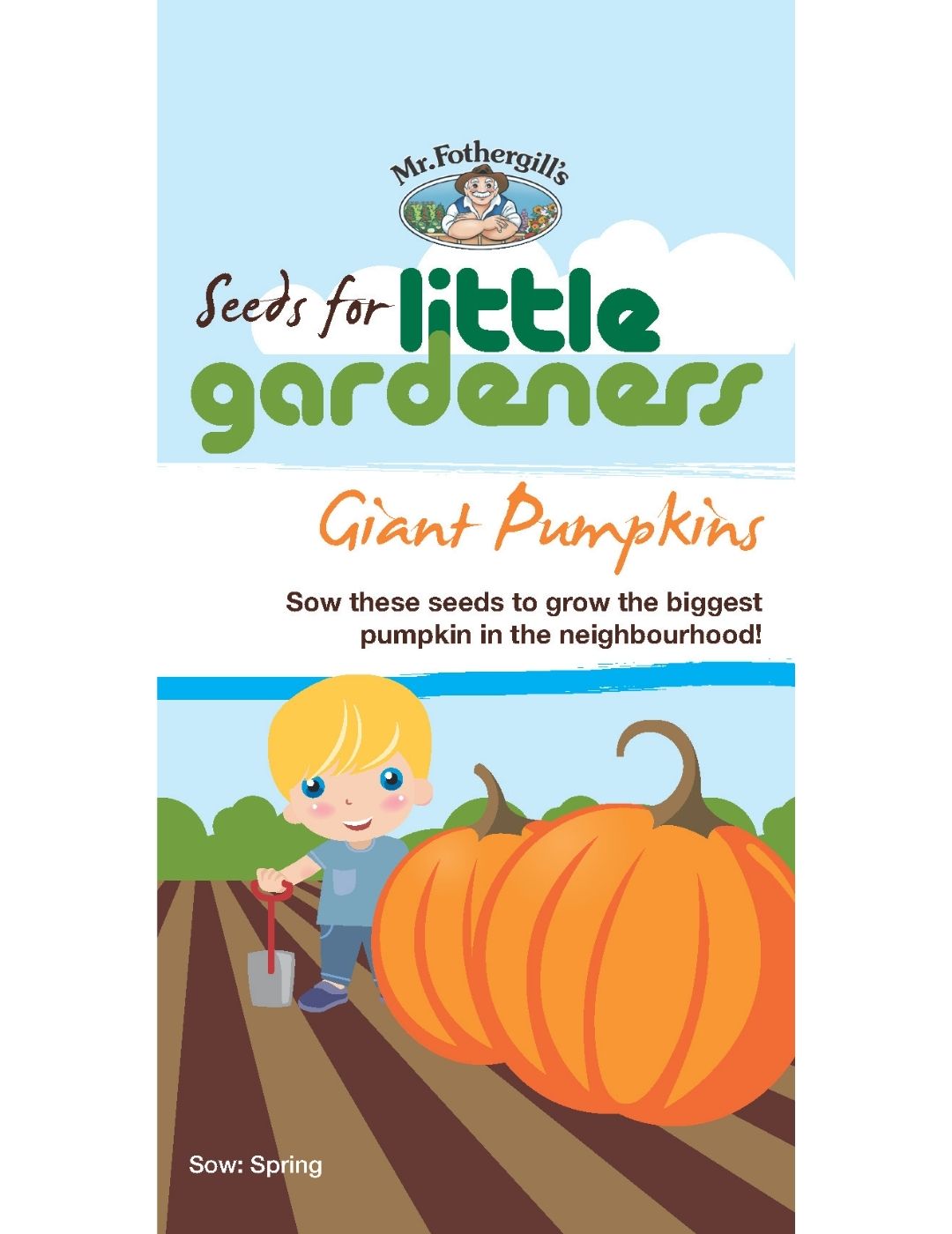
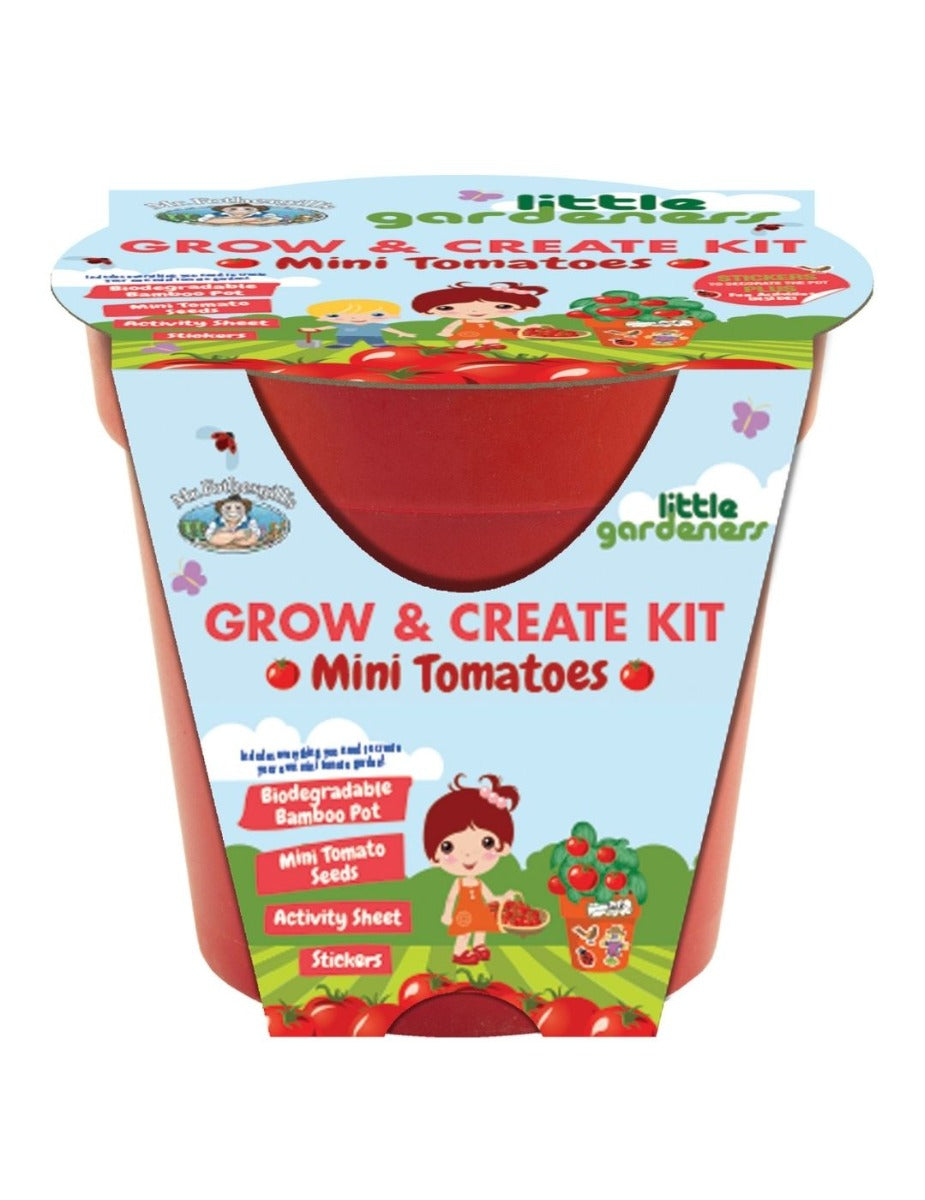
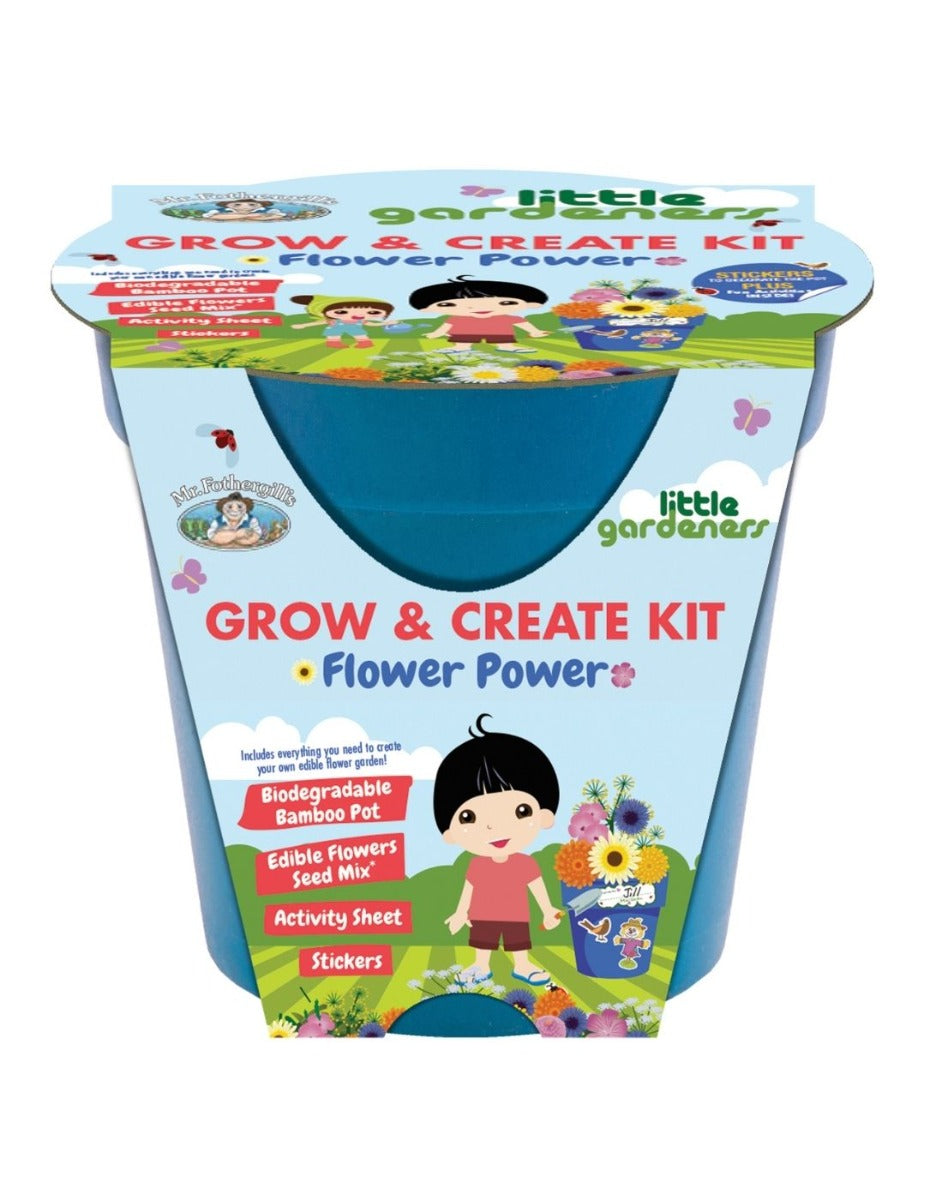
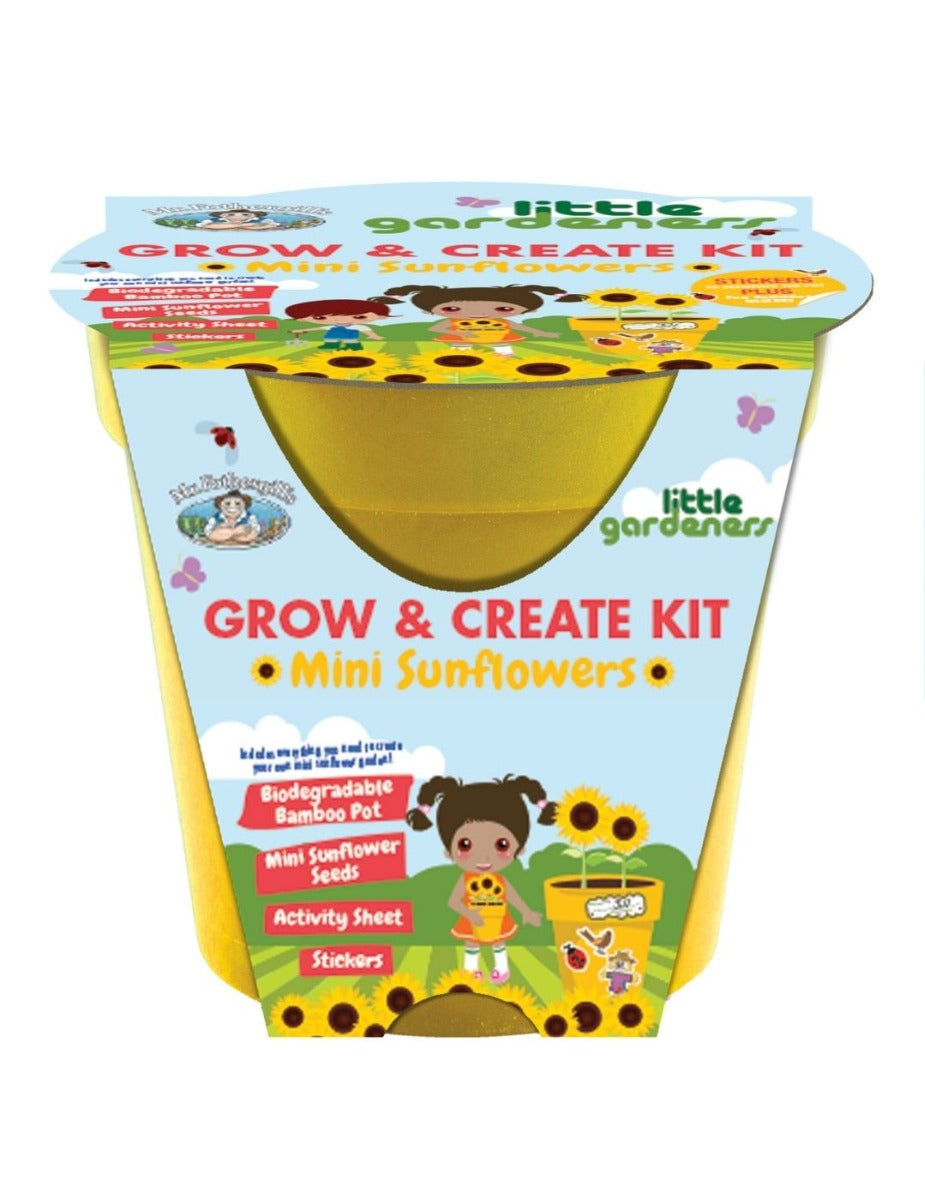
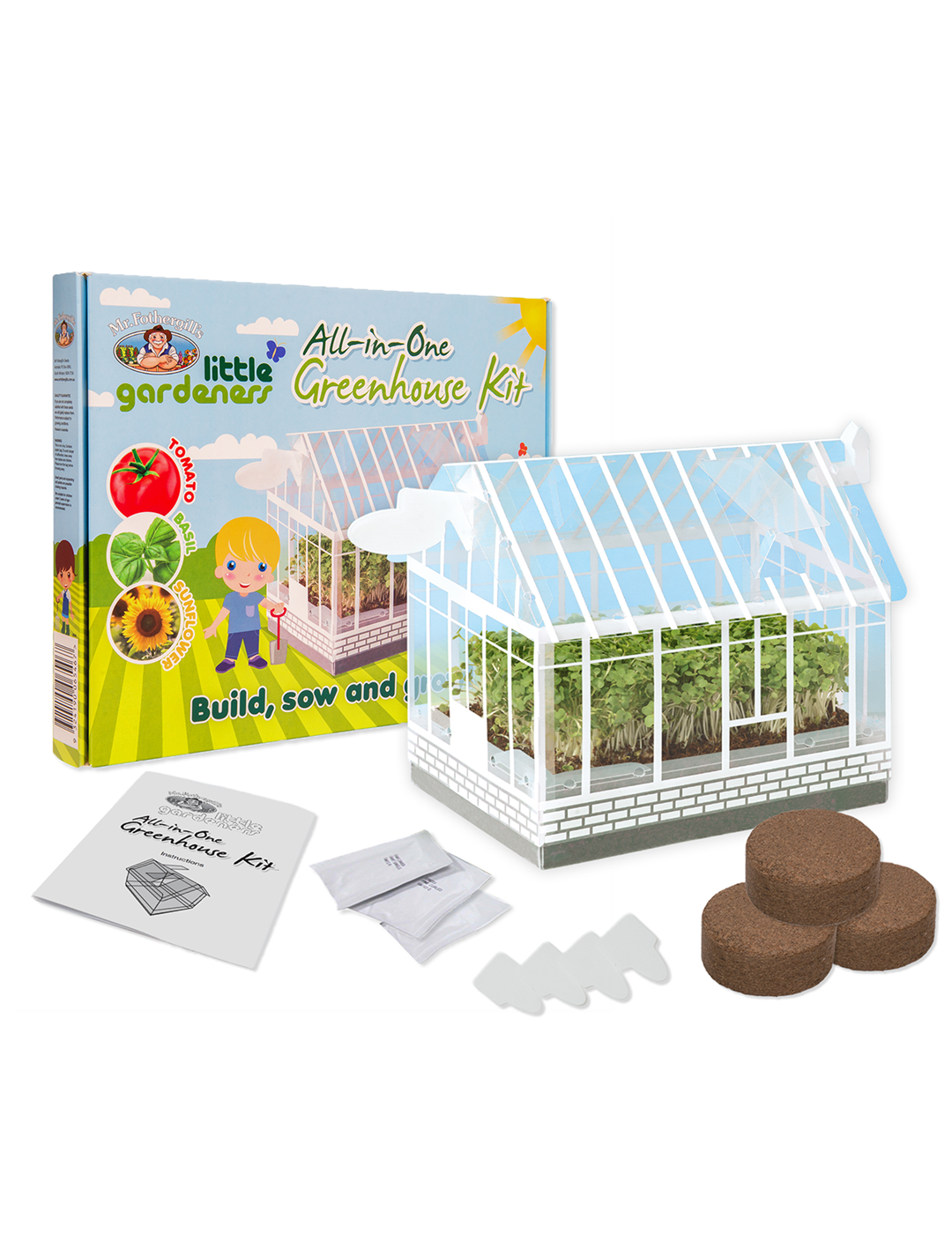
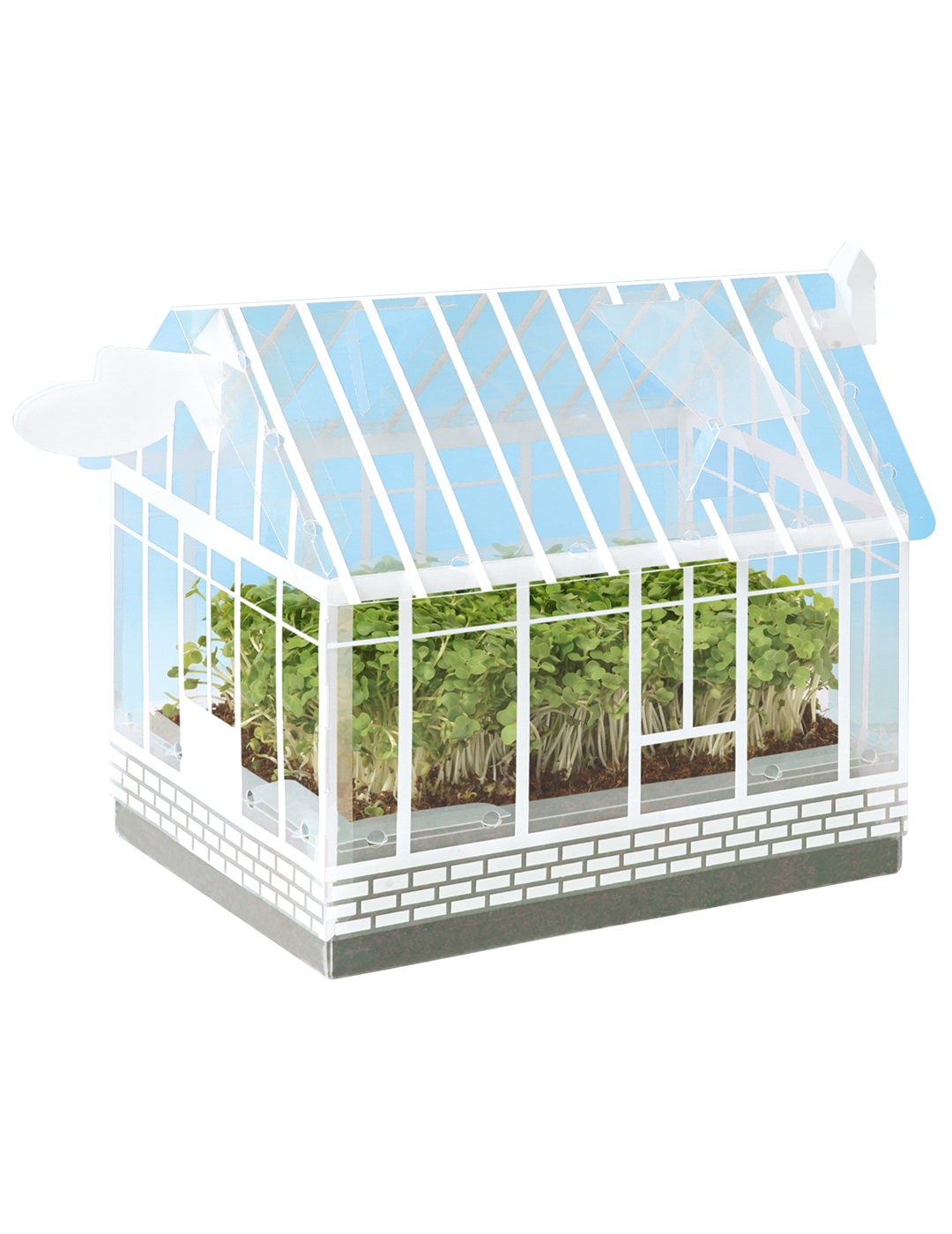
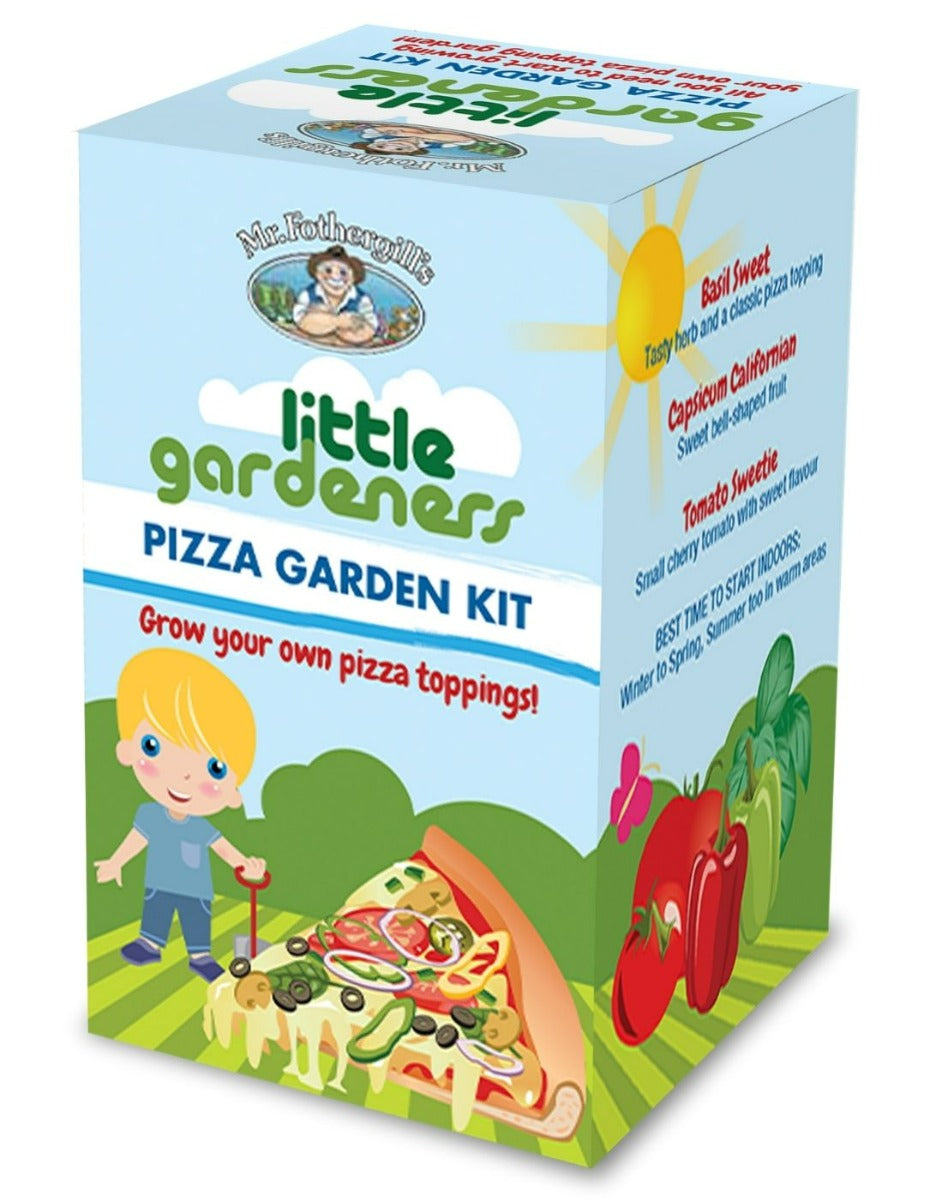
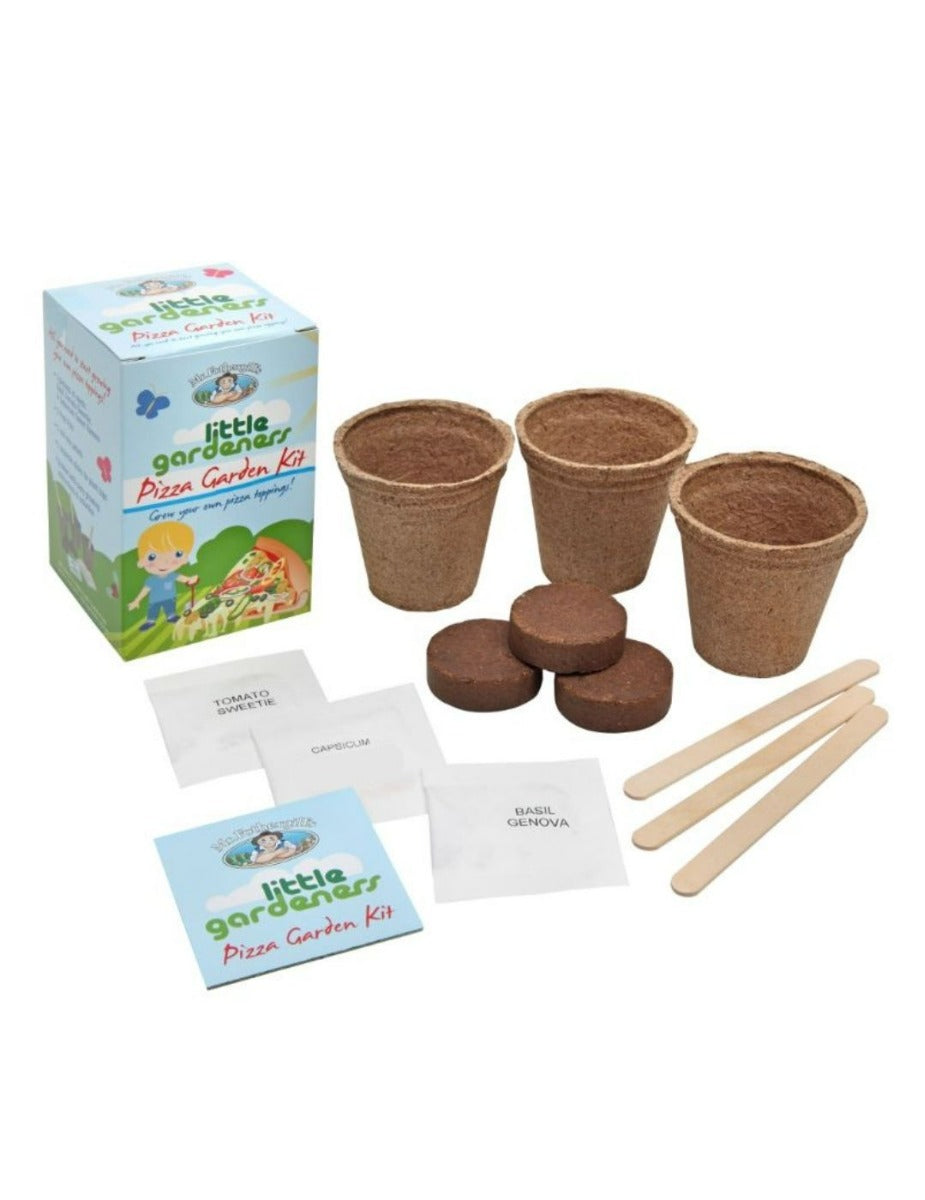
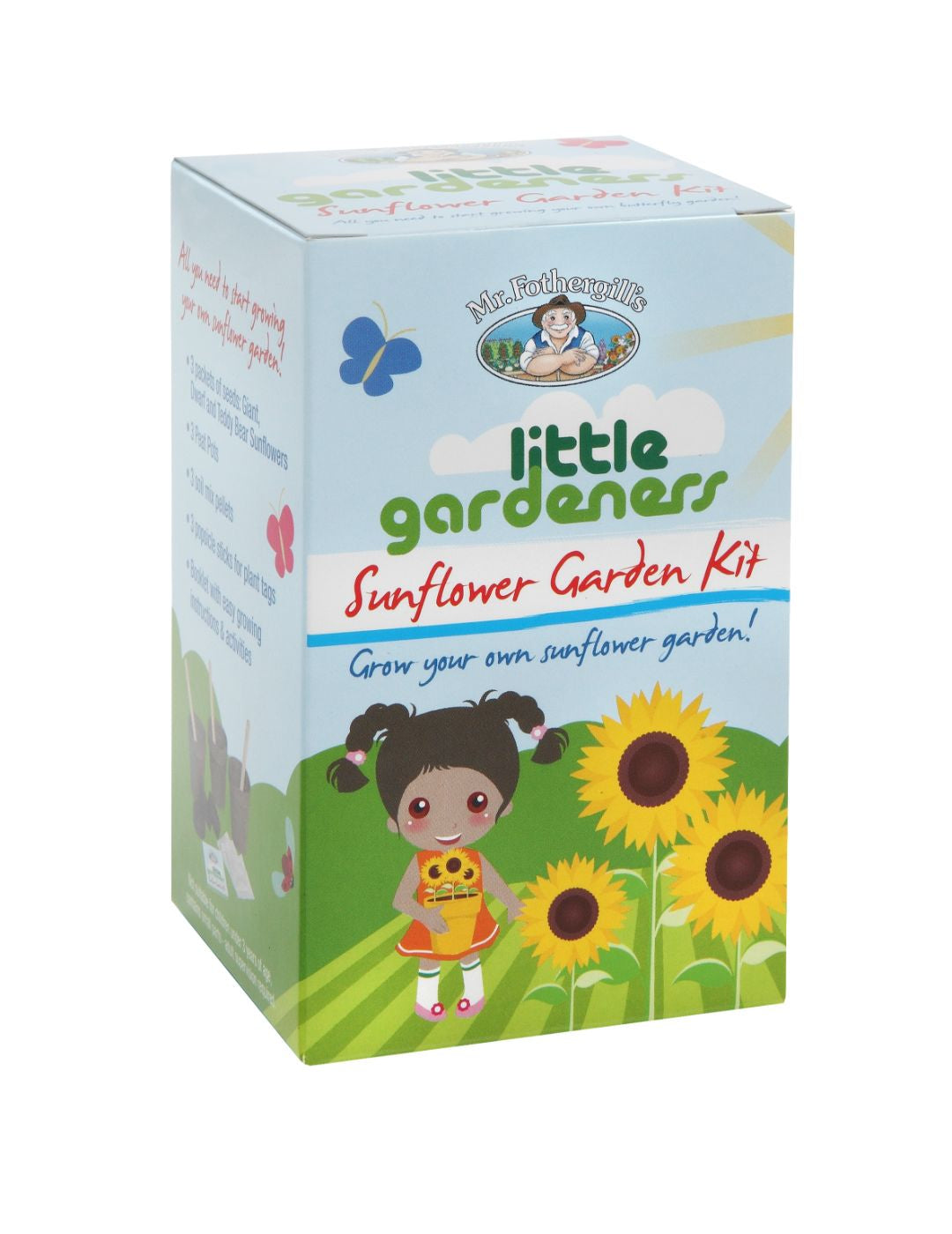
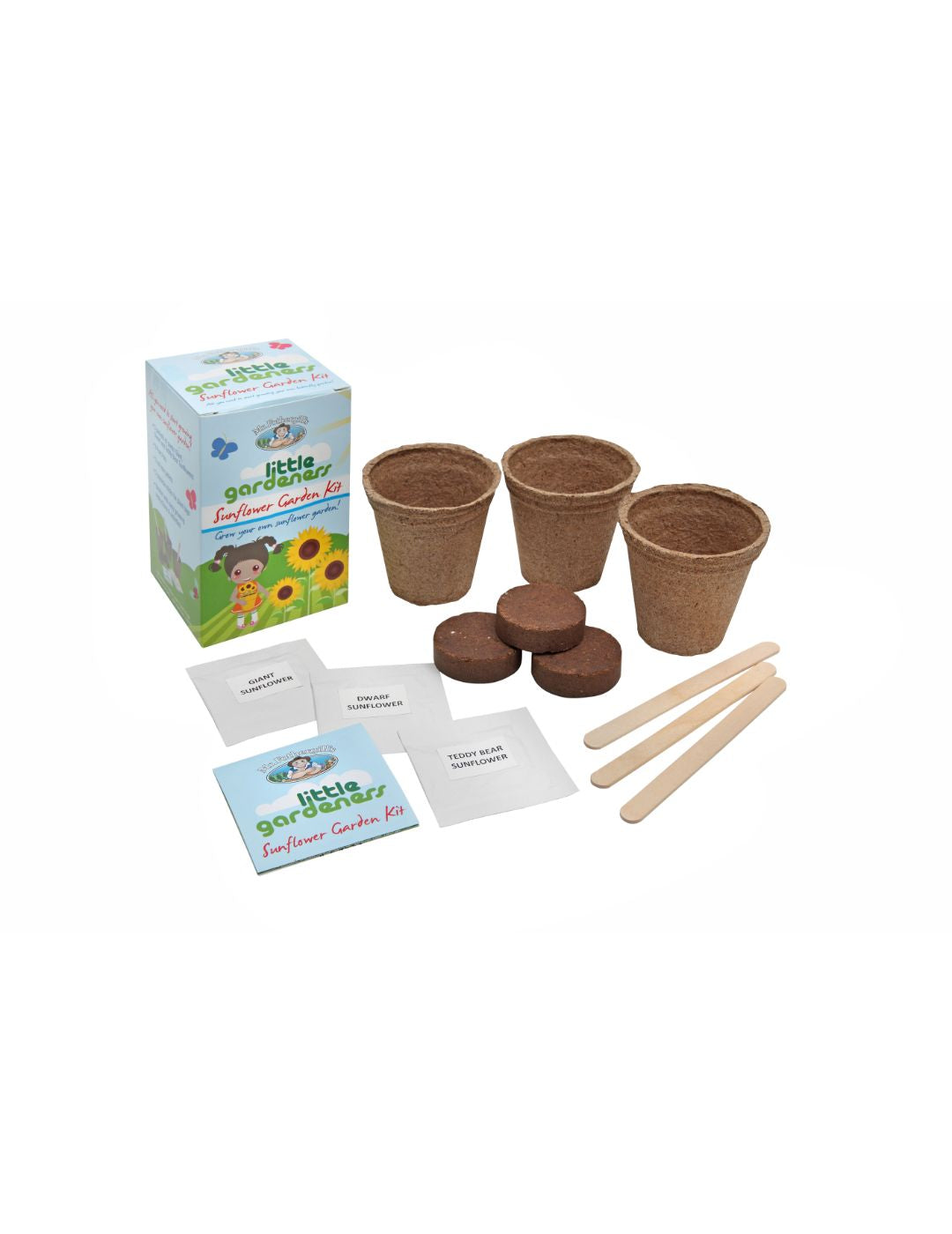
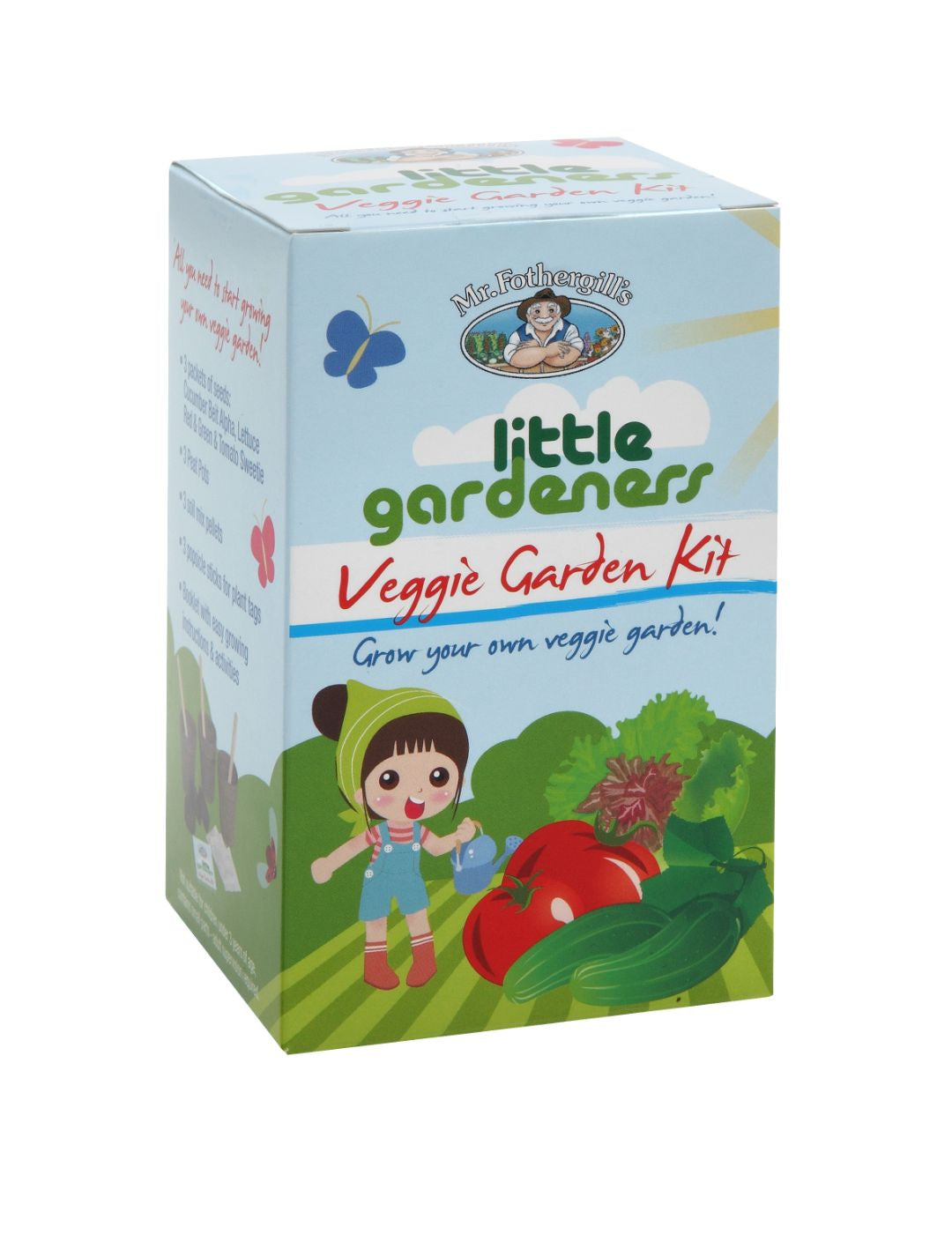
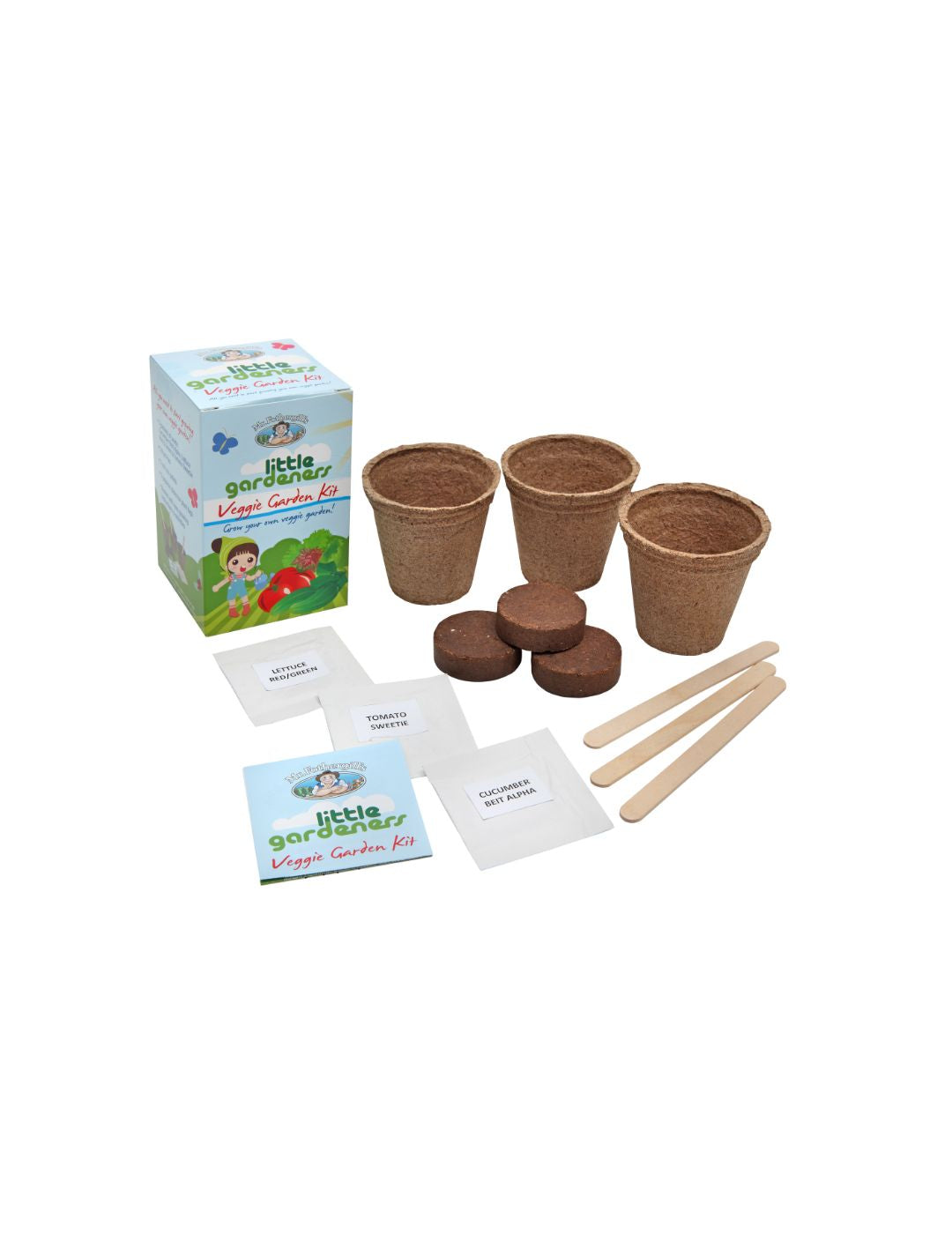





Leave a comment
All comments are moderated before being published.
This site is protected by hCaptcha and the hCaptcha Privacy Policy and Terms of Service apply.